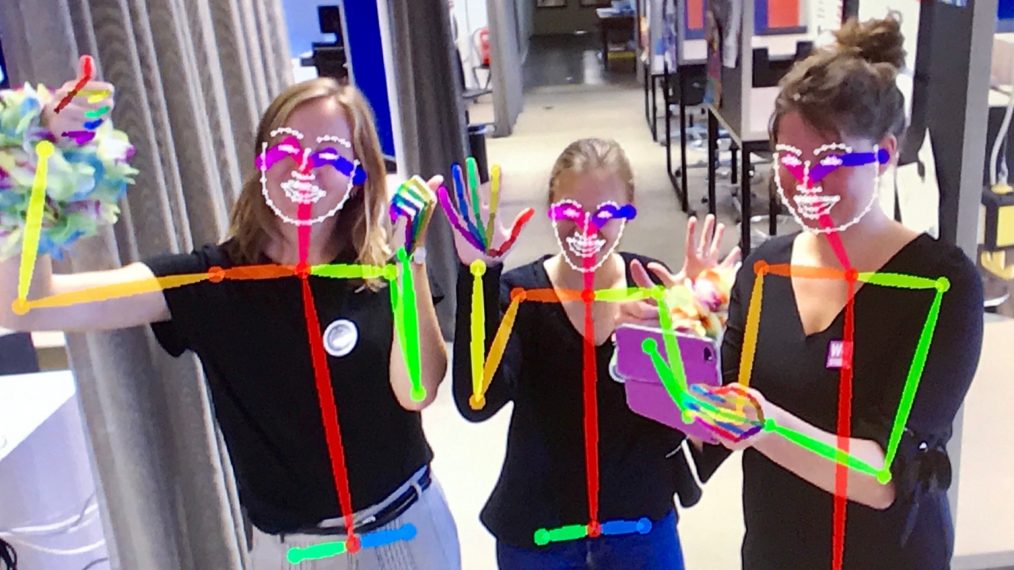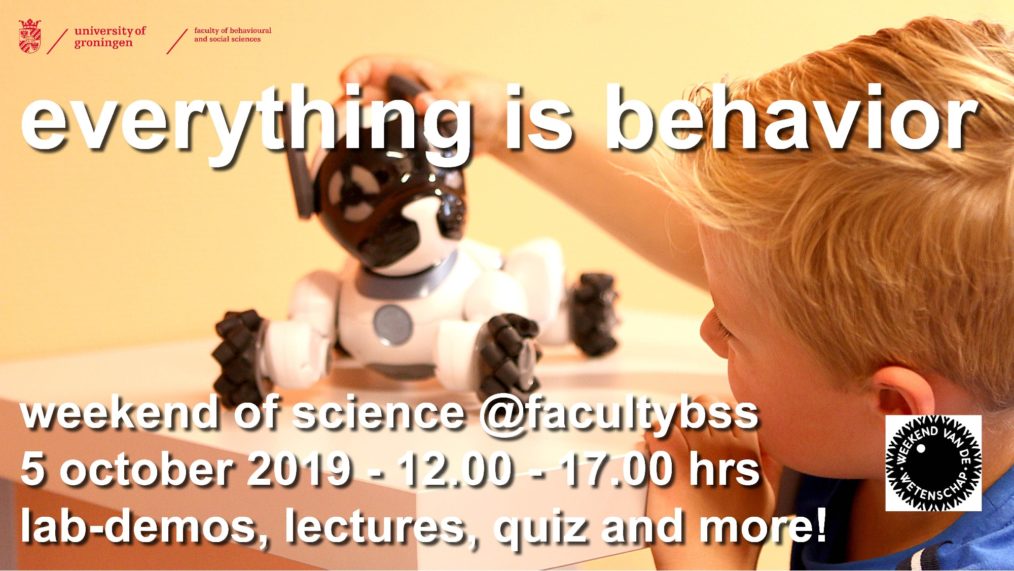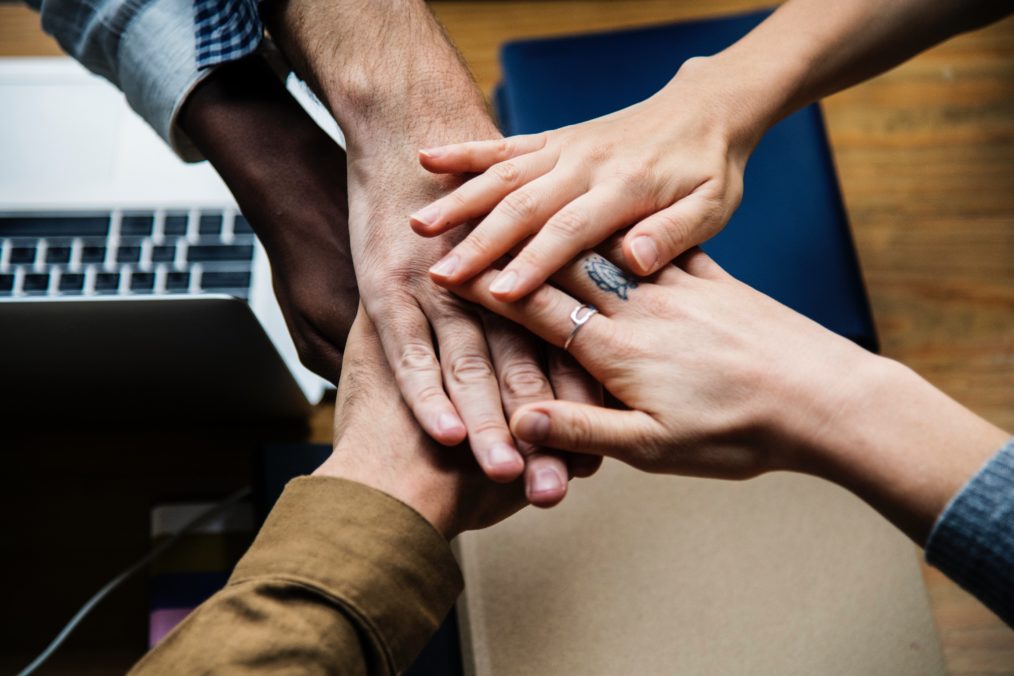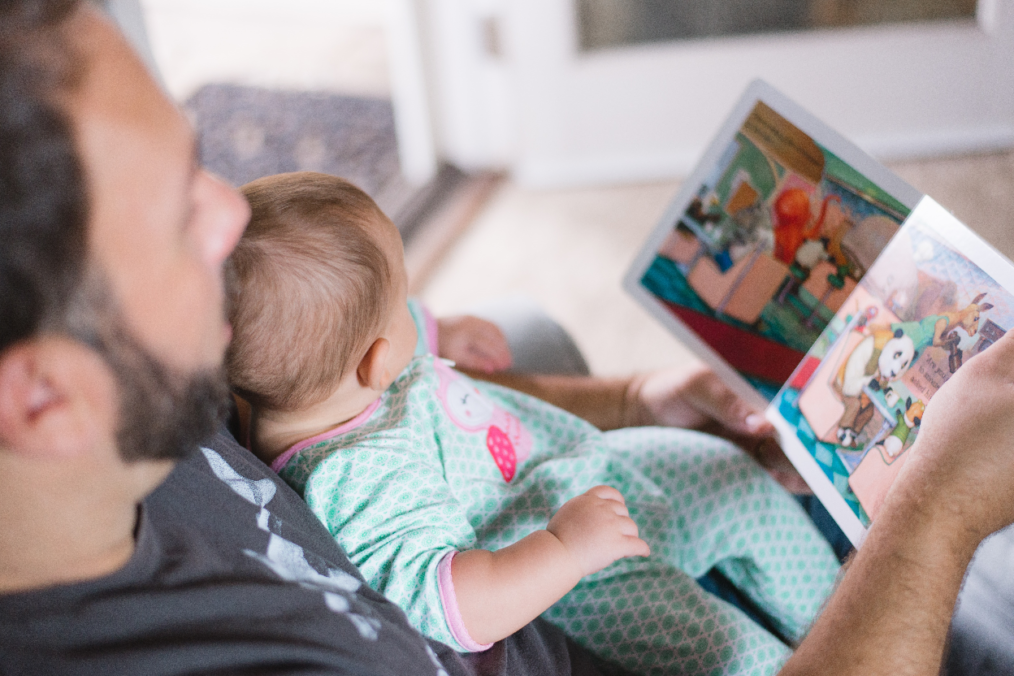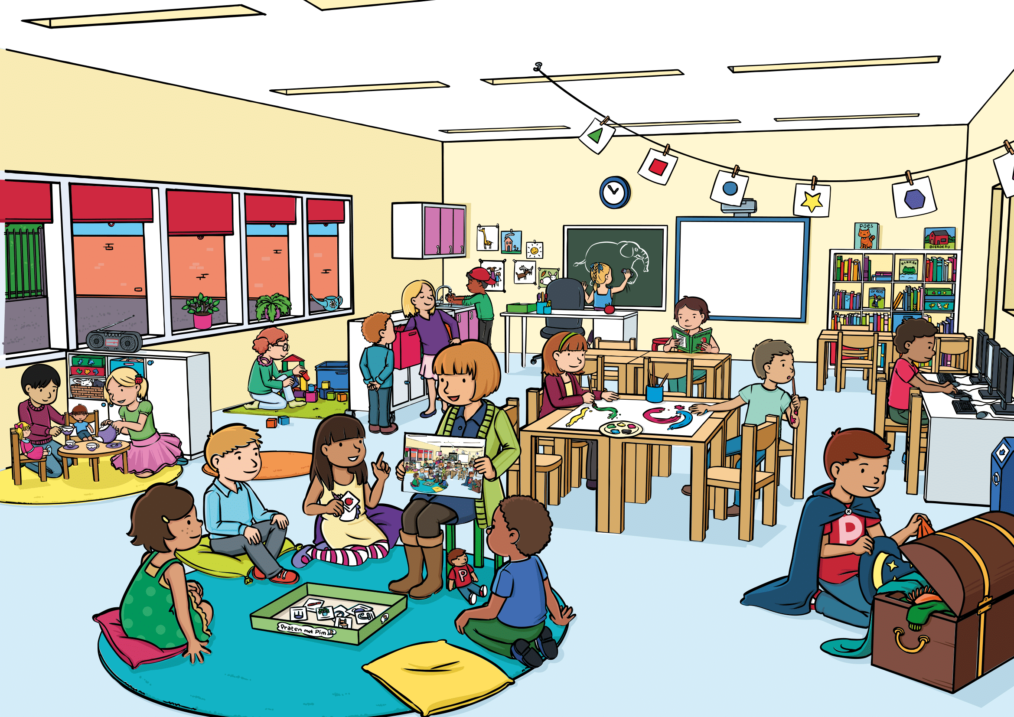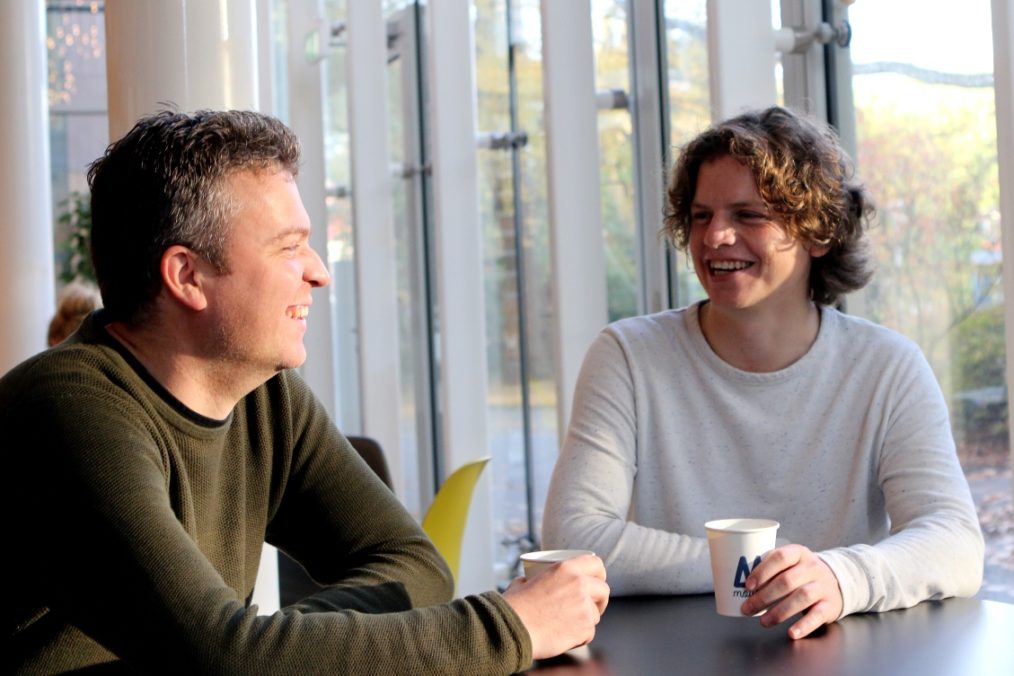This post introduces the concept of Linguistic Bodies, the analysis of expressive writing from complexity science, and how it can be linked to Personality and Depression.
Early traumatic experiences have an impact on later outcomes and adult life, the very thing is, the long-term consequences not always must be only negative. In this post, Solomiia explains the relevance of childhood adverse experiences, the role of Resilience on later outcomes, as well as a general overview of the study currently conducted by the group led by Dr. Bertus Jeronimus in this topic.
The pandemic and self-isolation can help us to reflect on relevant topics. The post reflects on the experience of a PhD student being far away from her homeland during COVID-19 outbreak, the equilibrium between solitude and interpersonal relationships, highlighting the relevance of social interactions in the development and construction of ourselves.
Interpersonal styles are the driving factor behind our social interactions, therefore studying them contributes greatly to our understanding of ourselves and others.
How can we show others, non-scientists, what it is that we (scientists) do and love? In this blog post, Lisette de Jonge-Hoekstra shares how she demonstrated her research at the Weekend of Science. The format she used benefits both scientists and the public.
On October 5th 2019, the Faculty opens her doors to showcase her ongoing research, during the national Weekend of Science. Everyone’s invited: neighbors, employees, students, family, friends, etcetera. The title of this year’s edition is “Everything is behavior” (“Alles is Gedrag”).
As psychologists we wield a lot of power over people: We research them, teach them how to think about themselves and others, and we get to decide whether or not they are ill. Perhaps all this power is justified – after all Psychology is “the study of the mind and behaviour” and the “enterprise” of […]
“Ah… da da da da da da … oh doe doe doe doe… eeh aah oeh” … Which adult hasn’t said something similar, while talking with a baby? When people interact with babies, they tend to imitate babies’ vocalizations, and mimic their behavior in general (see first video, below). Furthermore, also babies imitate people that […]
From February 2019 onwards, Hanneke Leeuwestein will start with her PhD project (funded by the National Initiative for Education Research/Nationaal Regieorgaan Onderwijsonderzoek/NRO). The goal of this project is to study if a new lesson package for learning Dutch as a second language, aimed at young refugee students, is effective. We will also investigate how children’s […]
Who has not heard of Veni-Vidi-Vici? In grant land, these are three types of subsidies awarded to outstanding junior, intermediate, and senior researchers, respectively. This year, the Netherlands Science Foundation NWO included Dr. Maarten Eisma (Clinical Psychology) and Dr. Bertus Jeronimus (Developmental Psychology) among its Veni grantees. In light of this exciting development in their research careers, Mindwise decided to ask Drs. Eisma and Jeronimus about their grant writing experiences.





